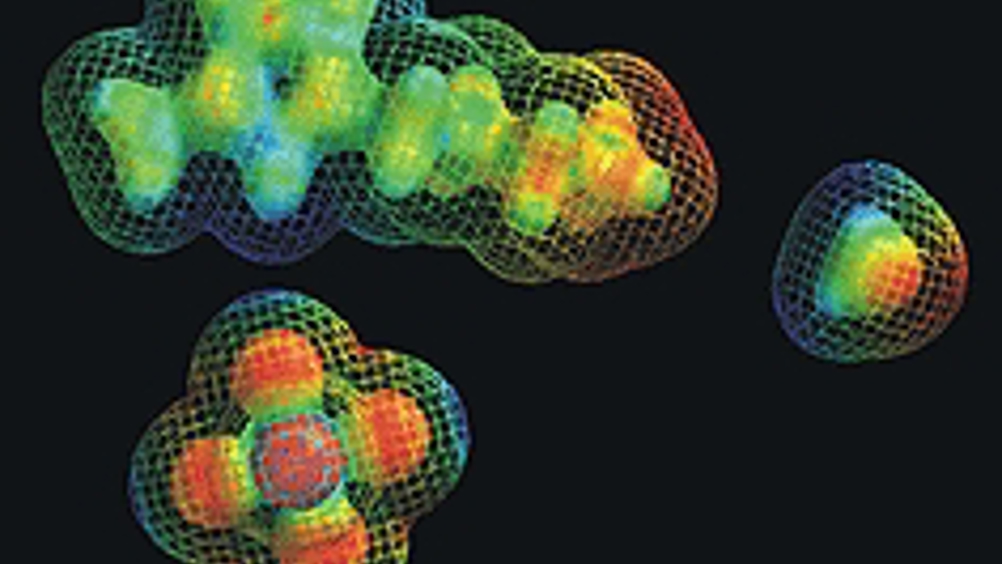Non-toxic solvents
Scientists at Leicester University are undergoing research on new ways to replace carcinogenic, toxic acids and electrolytes, which are currently used in many commercial metal-finishing and energy-storage processes.

A team from the university’s Department of Chemistry has received over €1m (£0.9m) in funding to develop and apply environmentally friendly solvents.
Leicester University has been undergoing research in this field for more than four years. It was initially engaged in another EU project that aimed to develop ionic liquid-solvent technologies to transform metal finishing.
The recent funding will go on to support three new major projects. The first, Polyzion, is funded under the EU Seventh Framework Programme. It is worth €3.5m (£3.1m) and involves nine university and industrial partners.
The project aims to create an environmentally friendly and affordable rechargeable battery for electric-vehicle applications. It will develop a more sustainable technology that is lightweight, cheaper and more attainable as the batteries currently in use are heavy, expensive and potentially harmful to the environment if damaged.
The next project, RECONIF, will look at using environmentally sustainable ionic liquid solvents to extract metals form solid waste, instead of strong acids or caustic alkalis. The project will focus on recovering heavy metals from domestic battery waste and is funded by the EPSRC/Technology Strategy Board.
Register now to continue reading
Thanks for visiting The Engineer. You’ve now reached your monthly limit of news stories. Register for free to unlock unlimited access to all of our news coverage, as well as premium content including opinion, in-depth features and special reports.
Benefits of registering
-
In-depth insights and coverage of key emerging trends
-
Unrestricted access to special reports throughout the year
-
Daily technology news delivered straight to your inbox










UK Enters ‘Golden Age of Nuclear’
The delay (nearly 8 years) in getting approval for the Rolls-Royce SMR is most worrying. Signifies a torpid and expensive system that is quite onerous...